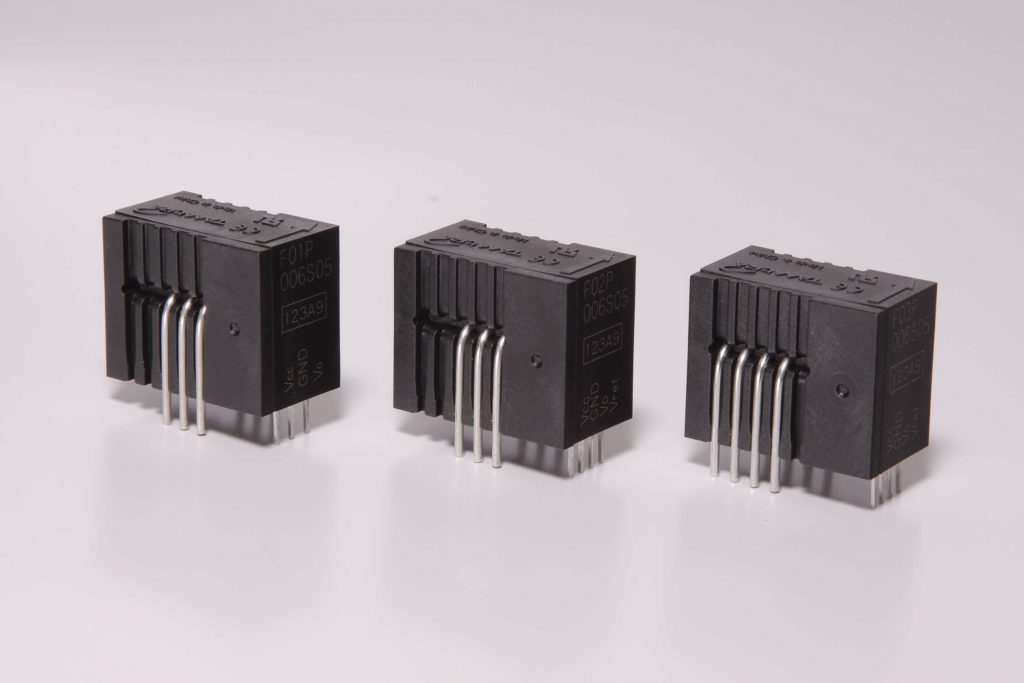Closed-loop current sensors play a critical role in various applications, including power management, motor control, and renewable energy systems. When selecting and designing these sensors, several key factors must be considered to ensure optimal performance and reliability. This article will discuss the important design considerations, including sensitivity, bandwidth, and power consumption.

1. Sensitivity:
Sensitivity refers to the ability of the closed-loop current sensor to accurately measure small changes in current. It is crucial to select a sensor with high sensitivity to ensure precise measurements. Factors that affect sensitivity include the quality of the magnetic core material, the design of the Hall-effect sensor, and the signal conditioning circuitry. By carefully considering these factors, designers can choose a sensor that provides the required sensitivity for their specific application.
2. Bandwidth:
Bandwidth represents the range of frequencies over which the closed-loop current sensor can accurately measure current. It is essential to select a sensor with an appropriate bandwidth for the intended application. High-frequency applications, such as motor control, require sensors with a wide bandwidth to accurately capture rapid current changes. On the other hand, for low-frequency applications like power management, a narrower bandwidth may be sufficient. Consideration should be given to the sensor’s internal response time and the speed of signal conditioning circuitry to ensure accurate measurements within the desired bandwidth.
3. Power Consumption:
Power consumption is a critical consideration in closed-loop current sensor design, especially in battery-powered applications or systems with limited power budgets. Lower power consumption not only extends battery life but also reduces heat dissipation and overall system costs. Choosing a sensor with low power consumption can be achieved by optimizing the design of the Hall-effect sensor, reducing signal conditioning circuitry complexity, and implementing power-saving features such as sleep modes or automatic gain control. Careful consideration should be given to balancing power consumption with the desired performance specifications.
4. Temperature Stability:
Closed-loop current sensors may experience temperature variations during operation, which can affect their accuracy. It is essential to select a sensor with good temperature stability to minimize temperature-induced errors. Factors such as the temperature coefficient of the magnetic core material and the temperature-dependent behavior of the Hall-effect sensor should be carefully evaluated. Additionally, thermal management techniques, such as proper placement and cooling of the sensor, can be implemented to minimize temperature fluctuations and maintain accurate measurements.
5. Noise Immunity:
Closed-loop current sensors are susceptible to noise interference, such as electromagnetic interference (EMI) and environmental noise. Designers should consider techniques to improve noise immunity, such as shielding the sensor and signal conditioning circuitry, implementing noise filtering algorithms, and using differential signal acquisition methods. By incorporating these measures, accurate measurements can be obtained in the presence of external noise sources.

Directindustry
In conclusion, when selecting and designing closed-loop current sensors, designers should consider factors such as sensitivity, bandwidth, power consumption, temperature stability, and noise immunity. By carefully evaluating and addressing these design considerations, optimal performance and reliability can be achieved for various applications requiring accurate current measurements.
 rongtech
rongtech






您好!Please sign in